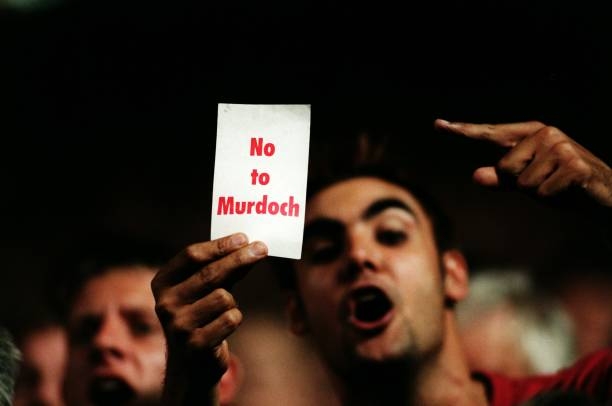
 Leveson 2 up for judicial review this week
Leveson 2 up for judicial review this week
Monday 29th October 2018 | Phil
Commissioned by then PM David Cameron, The Leveson Inquiry was aimed at investigating the corrupt ethics, practices and culture of the UK press. The inquiry resulted from the disgraceful revelation that phone hacking had been carried out on the mobile phone of the murdered schoolgirl Millie Dowler by journalists at the Rupert Murdoch owned tabloid newspaper, the now defunct News Of The World.
The McCann family, celebrities, high-profile politicians, and a host of media professionals were called to give evidence on the widespread claims of press malpractice, with over 300 people eventually giving their testimony, with the inquiry also criticising the practices of several other newspapers, in particular the ‘Express’ and ‘Mail’ publication groups.
The major findings of the inquiry made it plain that phone hacking was rife amongst the UK press. It also concluded that;
- There were numerous failures in press compliance and governance.
- Relationship between the media and politicians was at times far too close.
- Practices of the press had been in breach of the individual right to privacy without being firmly in the public interest.
- Although the integrity of the police had not been compromised, the police had acted irresponsibly with regard to accepting media hospitality and incompetently in failing to inform victims of phone hacking and preventing it where they could have done.
Resulting proposals included the creation of an independent self-regulation body and a new arbitration system for victims of press malpractice to seek redress without the expense or stress of going to court, proposals that pro press regulation campaigners such as HackedOff felt did not go far enough in light of the extent of malpractice that included phone hacking, data theft, and bribery.
Part two of the Leveson inquiry was set to delve deeper into the practices of the press, particularly the specifics of the relationships with politicians and the police with regard to evidence of police corruption and of the widespread covering up of illegal activities by the press.
MPs voted to shelve the second part of the inquiry earlier in May this year, citing that there had been satisfactory changes in the affairs of the press since the action taken subsequent to the conclusion of the enquiry in 2012, including the creation of IPSO (Independent Press Standards Organisation) who, since their inception, have been repeatedly criticised for being particularly lacklustre in their approach and results. Commentators noted that this may have also been due to pressure on the government from the media industry, which saw a 30% fall in newspaper sales following the first part of the inquiry.
To sum it up, the first part of Leveson was really to do with press regulation and only touched upon the criminal activities of the press that included phone hacking, data theft and bribery.
The specifics of those crimes and the failings in management by press chiefs were to be fully investigated in Leveson 2, with the potential for far reaching consequences for the future regulation of the relationships between the press, politicians, and the police, as well as the potential for a host of fresh criminal charges being brought against individuals and newspapers involved.
With almost zero press coverage and a visible lack of campaigning since MPs voted to shelve Leveson 2, Guestlist feel it is of great importance to the future of press accountability and transparency that Leveson 2 should go ahead.
So if you, like us, think that the press, the politicians and members of the police involved should be held fully accountable, take a minute to share this article.
And keep your fingers crossed for Thursday.
